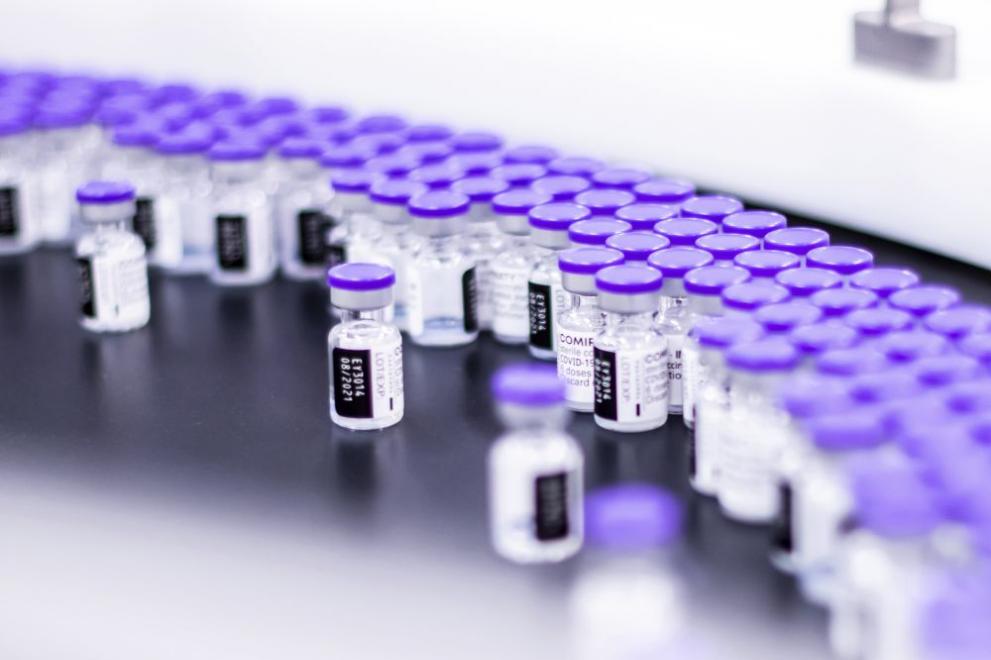None of the EU-approved vaccines against COVID-19 contain products of animal origin. Depending on the species, in addition to one or more antigens, vaccines may contain other components.
Including:
- educated stabilizers: maintain the stability of the vaccine components;
- educated adjuvants: improve the immune response of the vaccine by enhancing, accelerating and maintaining the response over a longer period of time (eg, aluminum).
- educated excipients: excipients, such as water or sodium chloride (salt), as well as preservatives or stabilizers, thanks to the vaccine remains unchanged and active during storage.
All components of the vaccine should be monitored continuously to ensure that their contents are at a confirmed safe level. Regulators should check that the benefits of vaccines outweigh the risks of adverse reactions.
Some vaccines may also contain small amounts of other substances used in the manufacturing process, such as egg albumin (egg white) or neomycin (antibiotic).
In cases where such substances are present in amounts that may cause a reaction in a sensitive or allergic organism, their presence is described in the vaccine information intended for healthcare professionals and patients. For example, the leaflet will indicate whether there are special precautions for vaccinating people with certain allergies. This is the case with vaccines that contain a small amount of eggs in people with egg allergies.
According to the Ministry of Health, all four available vaccines against COVID-19 – Pfizer / BioNTech, Moderna, AstraZeneca and Janssen – do not contain eggs, preservatives or latex.

